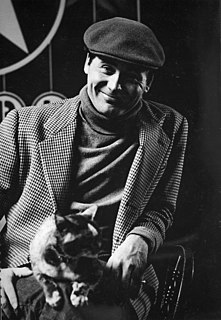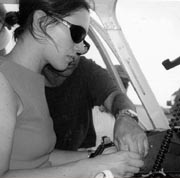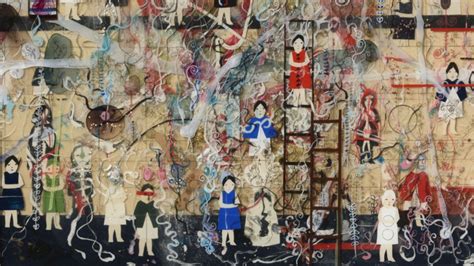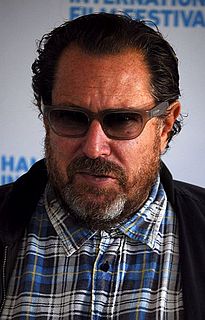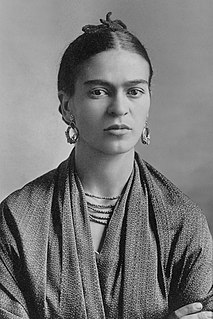A Quote by Robert Indiana
I think of my peace paintings as one long poem, with each painting being a single stanza.
Related Quotes
I think that people tend to look at the paintings as being resolved or finite. But, to me, a painting can be an index for all of the paintings I've done and all of the paintings I'm going to do. It's like if I'm doing a film of the Olympics, I'm not examining a specific sport; I'm interested in the overall context.
You're like a witness. You're the one who goes to the museum and looks at the paintings. I mean the paintings are there and you're in the museum too, near and far away at the same time. I'm a painting. Rocamadour is a painting. Etienne is a painting, this room is a painting. You think that you're in the room but you're not. You're looking at the room, you're not in the room.
Look at the paintings of Picasso. He is a great painter, but just a subjective artist. Looking at his paintings, you will start feeling sick, dizzy, something going berserk in your mind. You cannot go on looking at Picasso's painting long enough. You would like to get away, because the painting has not come from a silent being. It has come from a chaos. It is a by product of a nightmare. But ninety-nine percent art belongs to that category.
People are still making paintings. People are still enjoying paintings, looking at paintings. Paintings still have something to tell us. There's a way of being in the world that painting brings to us, that painters bring to the task that we absorb and are able to be in dialogue with. That's something that's part of us.
For no one, in our long decline,So dusty, spiteful and divided,Had quite such pleasant friends as mine,Or loved them half as much as I did. [stanza 3]The library was most inviting:The books upon the crowded shelvesWere mainly of our private writing:We kept a school and taught ourselves. [stanza 15]From quiet homes and first beginning,Out to the undiscovered ends,Theres nothing worth the wear of winning,But laughter and the love of friends. [stanza 22]You do retain the song we set,And how it rises, trips and scans?You keep the sacred memory yet,Republicans? Republicans?[stanza 36]
All photographs are there to remind us of what we forget. In this - as in other ways - they are the opposite of paintings. Paintings record what the painter remembers. Because each one of us forgets different things, a photo more than a painting may change its meaning according to who is looking at it.
A lot of what I do is about being in the moment and I think that's hard for people to get. I like it when things suddenly affect the painting. I mix up this red and it affects the whole painting or this little bit of white falls down there, and something changes the whole nature of the thing. The residue on what happens, that's what's in the paintings.
My paintings are well-painted, not nimbly but patiently. My painting contains in it the message of pain. I think that at least a few people are interested in it. It's not revolutionary. Why keep wishing for it to be belligerent? I can't. Painting completed my life. I lost three children and a series of other things that would have fulfilled my horrible life. My painting took the place of all of this. I think work is the best.
I keep feeling that there isn't one poem being written by any one of us - or a book or anything like that. The whole life of us writers, the whole product I guess I mean, is the one long poem - a community effort if you will. It's all the same poem. It doesn't belong to any one writer - it's God's poem perhaps. Or God's people's poem.
